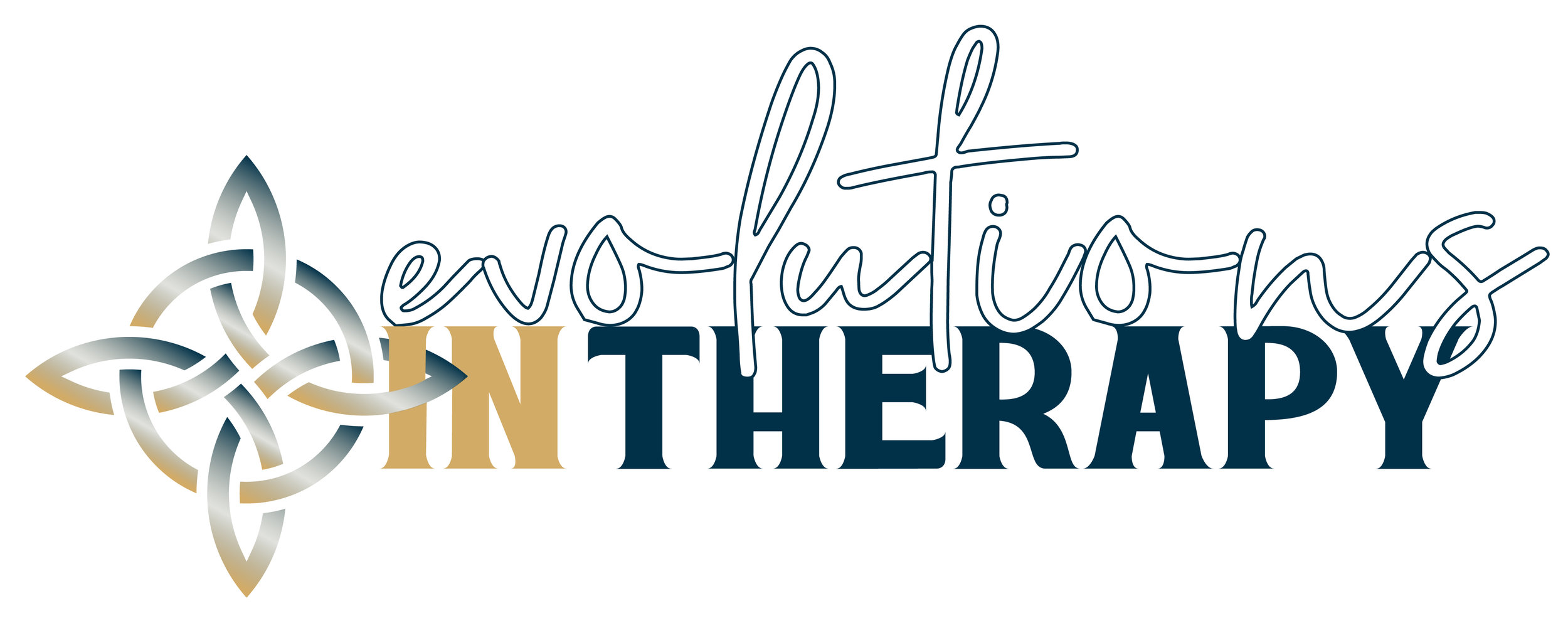Epigenetics and Families
EPIGENETICS AND FAMILY
Hello friends,
The holiday season is upon us. With the holiday come all our past feelings and ideas about how things were, how we loved some things and didn’t love others. Our attitudes about the holidays and the people we get together are colored by what we tell ourselves about people and the past.
We are going to look at the truly inaccurate way memories are colored by our emotions, not actual events, but for this week, we are going to look at a curious thing called epigenetic.
Epigenetics is the study of heritable changes in gene function that do not involve changes in DNA sequence. (Merriam-Webster, 2016)
Epigenetics literally means “above” or “on top of” genes. It refers to external modifications to DNA that turn genes “on” or “off.” Again, it doesn’t change DNA, but it changes which genes are being expressed and which are made more dormant.
As we study DNA heritable traits, we look at things like eye color, skin color, height, etc. This is written in our DNA. However, when we look at heritable changes in gene activity, which are not caused by DNA sequences, we are looking at how environment and heredity can change which genes are “turned on” or “turned off.” Epigenetic changes can begin with the fetus.
“ACCORDING TO THE NEW INSIGHTS OF BEHAVIORAL EPIGENETICS, TRAUMATIC EXPERIENCES IN OUR PAST, OR IN OUR RECENT ANCESTORS’ PAST, LEAVE MOLECULAR SCARS ADHERING TO OUR DNA.”
“Like silt deposited on the cogs of a finely turned machine after the seawater of a tsunami recedes, our experiences, and those of our forebears, are never gone, even if they have been forgotten.
They become a part of us, a molecular residue holding fast to our genetic scaffolding. The DNA remains the same, but the psychological and behavioral tendencies are inherited. You might have inherited not just your grandmother’s knobby knees, but also her predisposition toward depression caused by the neglect she suffered as a newborn.” (Dan Hurley, article in an issue of Discover Magazine, May 2013)
Environment alters the epigenetic expression. Things such as diet, toxins in air or water, migration, miscarriages, war, etc. cause changes in which genes are turned on or off and are passed on to one’s children.
In studying the traumatizing effects of the potato famine (and subsequent migration) in Ireland, we can see in the next generation evidence of stress, anxiety, worry, and even survivor guilt. This occurs even if the generation affected does not give an oral history of their trauma to their children. Where you have these kinds of traits turned on, it is very likely that there will be a much higher incidence of addiction. It is written in their epigenetics and, therefore, in their children’s epigenetics. However, when we become aware of this information, we can – in our lifetime – alter our epigenetics.
Later, as the child grows, he will wonder why he has many behavioral/emotional traits that don’t seem to connect to his life experiences.
I Love You, Who Are You?
In truth, when we begin to understand our family history, the information on faulty memory, and epigenetics, we now have a strange realization; we do not actually know each other!!
Epigenetics has taught us that for each individual in the family, with every decision, each move, and each life event, we change, and the way we change also changes who we are. We have all grown in different ways – BUT – we are still a family.
All human beings have a desire for two things: 1. To tell ”my story,” and 2. To have someone hear it, to receive it. The only questions allowed are, “Tell me more about…”
Actually, getting to know ourselves is a task quite big enough for all of us. How do we begin to interact with our loved ones when we begin to question ourselves and our genetic history?
Try this, start noticing each thing in a day that brings you a sense of happiness or joy. Sunlight, or fog, or rain and snow. Certain flowers, certain music, coffee first thing in the morning, tea in the afternoon, the sound of laughter, all the things you let slip by with very little notice. Instead, take time to notice, pause in your day and think, “this really gives me such a happy, calm feeling.” Sit with this one thing and see if you can plant it in memory, then share it with one other person.
My example for myself from yesterday is this. I was sitting reading at about 3:30 in the afternoon, the house was decorated for Christmas, lights were on and outside a very thick fog was at the windows. I suddenly felt so amazingly content. I was totally in the moment of this pleasure and I savored it, thought of it, relished it and kept this pleasure in my whole body. It felt like everything came together in a perfect moment and all it asked of me was that I notice and appreciate all that it gave me like the best of gifts.
My blessings to you all.
